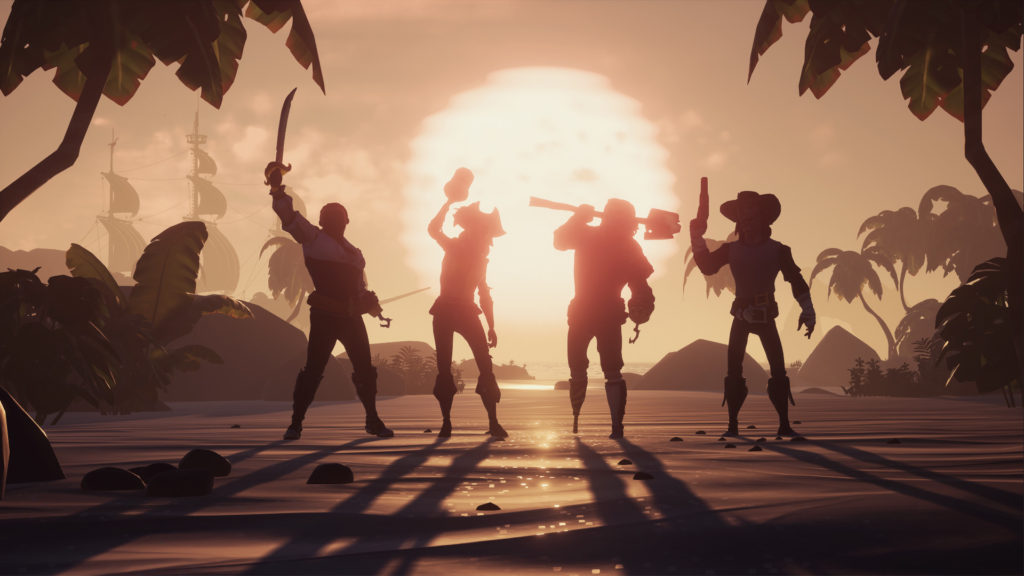


Their use of "Adventure" fits like 90% of games that aren't board games. Both use IGDB as a data source, and IGDB genres are the worst. Granted, this is not something any game library manager has, but it'd be a neat improvement imo. No advanced search options, like selecting games without a certain tag or combining criteria with AND or OR operators and criteria grouping. + Both have a "sorting name" field to allow you to correctly order stuff like the Tomb Raider and Assassin's Creed series + Both allow you to assign games tags to use for filtering/searching later on + Both have grid views with game covers, and both have list views with configurable column visibility For GOG it's got to be in IGDB, for Playnite you also look it up on IGDB, or you can fill the fields yourself. + You can manually add games to both, even for non-PC platforms. These allow you to import games, but also launch and (for most integrations) install/uninstall them. + Both support integrations for GOG, Steam, Epic, Xbox (360/One/X/S and PC), Playstation 4/5, Amazon,, Bethesda, Humble Bundle, Origin, Uplay/Ubisoft Connect, and emulators out of the box. I'll now bore you with a list of pros and cons for both when compared to each other.īut first, the ways in which they're similar. I learned of Playnite, and since installing it have switched to mostly using that for library management. And while I liked the concept and look of GOG Galaxy 2, in practice the little annoyances I've had with it have built up enough to make me look for alternatives.
#Gog galaxy ubisoft connection lost update#
With the less-than-optimal launch of Cyberpunk 2077, CD Projekt Red seems to have diverted effort away from GOG Galaxy 2, the last update being from just before Christmas.


 0 kommentar(er)
0 kommentar(er)
